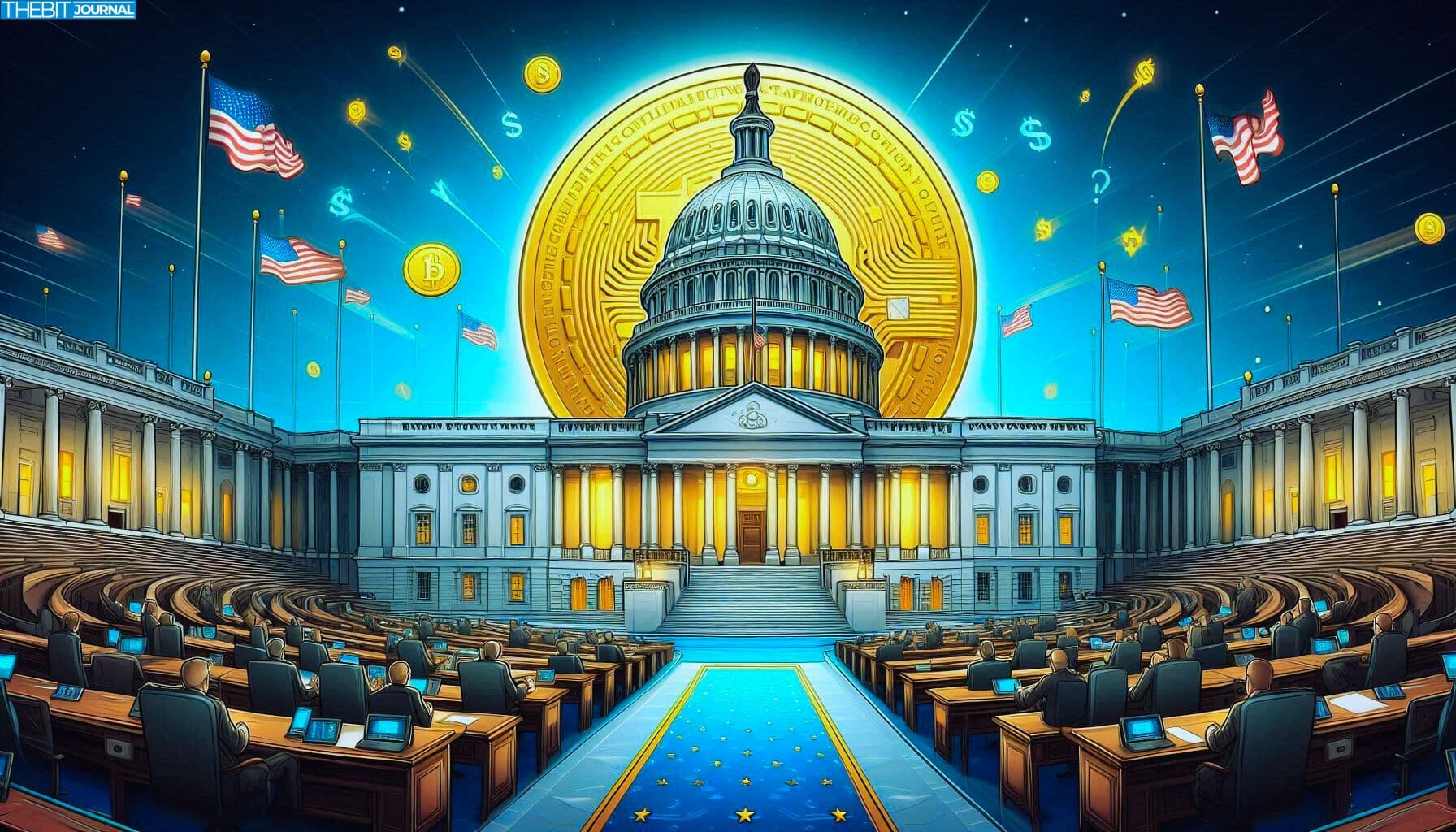The U.S. Senate voted on Monday night to advance the stablecoin legislation known as the GENIUS Act. The bill received support from over 60 Senators, surpassing the procedural threshold and setting the stage for final debate and voting.
This is a breakthrough for stablecoin regulation after a previous attempt to move the bill forward failed earlier this month. The GENIUS Act aims to establish a comprehensive legal framework for stablecoin issuers and improve transparency, security, and consumer protections within the U.S. digital asset ecosystem.
Renewed Bipartisan Support After Revisions
The May 8 vote had failed to secure enough support, with both Democratic and Republican lawmakers expressing concerns over consumer safeguards and national security implications. However, in the days leading up to Monday’s vote, negotiators revised the bill’s language to address key issues.
A source familiar with the discussions told CoinDesk that the updated draft included “just enough” adjustments to satisfy Democrats’ previous objections. Notably, Senators Ruben Gallego and Mark Warner, who had voted against cloture earlier, announced their support for moving the bill forward.
“This revised version of the GENIUS Act reflects progress on consumer protections, though more work is needed,” said a Senate staffer briefed on the bill.

What the GENIUS Act Means for Stablecoins
The GENIUS Act is poised to serve as a cornerstone for stablecoin legislation in the United States, establishing a formal regulatory framework that addresses critical areas of the digital asset economy. Among its key provisions, the bill defines legal classifications for stablecoins, sets reserve and transparency standards for stablecoin issuers, and designates federal agencies to provide oversight.
It also mandates the development of consumer protection measures aimed at preventing fraud and abuse. These regulatory mechanisms are intended to encourage innovation while mitigating systemic risk and fostering greater public confidence in stable digital dollar assets.
House Version and Legislative Timeline
While the Senate is moving closer to passing the GENIUS Act, the U.S. House of Representatives is currently working through its own version of stablecoin legislation. Though similar in purpose, the two bills will likely require reconciliation in committee before a unified law can be enacted.
Observers expect a final Senate vote to occur in the coming weeks. If successful, it could become the first comprehensive federal regulation governing stablecoin issuers in the country.
Crypto Market Reaction to Stablecoin Legislation Decision
The advancement of the GENIUS Act sparked immediate responses across the crypto market. Industry participants and investors viewed the Senate’s progress on stablecoin legislation as a positive sign for the maturing digital asset space. Trading volumes in major stablecoins like USDC and USDT saw moderate spikes, and sentiment among U.S.-regulated issuers turned cautiously optimistic.
Many analysts believe the passage of such federal regulation could foster mainstream acceptance of stablecoins, offering assurance to both retail and institutional participants. Market confidence, often fragile in the face of regulatory uncertainty, appeared to stabilize as trading platforms reported slight upticks in stablecoin-backed trading pairs.

Crypto exchanges such as Coinbase and Kraken responded by publishing blog updates highlighting the importance of compliance readiness. Meanwhile, blockchain advocacy groups issued statements praising the GENIUS Act as a step forward in legitimizing digital dollar assets in traditional finance.
Additionally, some DeFi projects reliant on stablecoin liquidity have welcomed the bill’s progression. Developers behind major protocols noted that a clear regulatory framework could improve partnerships with financial institutions, allowing greater liquidity inflow and more secure adoption pathways for U.S.-based users.
Altogether, the reaction from the crypto industry suggests strong support for federal oversight, so long as it supports innovation without imposing overly rigid controls. The GENIUS Act, in its revised form, is viewed by many as a reasonable starting point.
Conclusion
The advancement of the GENIUS Act in the U.S. Senate signifies growing momentum for comprehensive stablecoin legislation. With bipartisan backing and revised protections in place, lawmakers are closer than ever to finalizing a legal structure for stable digital assets. As attention now shifts to the House and eventual reconciliation, both regulators and stablecoin issuers are watching closely for the outcome that may shape the future of the U.S. digital currency landscape.
FAQs
What is the GENIUS Act?
The GENIUS Act is a U.S. Senate bill that outlines a federal regulatory framework for stablecoins and their issuers.
Why is stablecoin legislation important?
It ensures accountability, protects consumers, and provides legal clarity for stablecoin usage in the financial system.
What does the Senate vote mean?
It removes a major procedural barrier and allows the GENIUS Act to proceed to final debate and voting.
Who are stablecoin issuers?
They are companies or institutions responsible for creating and maintaining the value of stablecoins by backing them with reserve assets.
Glossary
Stablecoin – A cryptocurrency designed to maintain a stable value by being pegged to a reserve asset, often the U.S. dollar.
Cloture – A Senate procedure used to end debate on a bill and move it toward a vote.
Stablecoin Issuers – Entities or companies that create and manage stablecoins and are responsible for ensuring their backing and usability.
GENIUS Act – Legislation in the U.S. Senate focused on regulating stablecoins and digital asset markets.
Sources
Senate Advances Stablecoin Bill
U.S. Senate Legislative Tracker





























